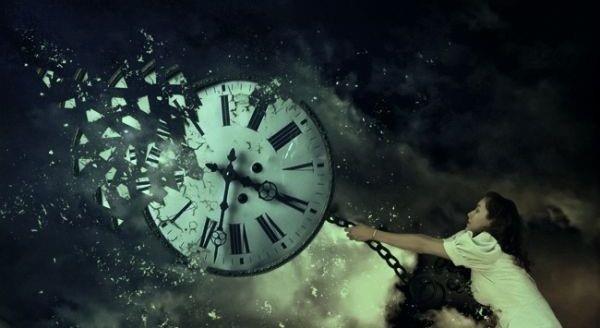
2 minute read
Section Three
Translation and summary of the Spanish Poem “Hora tras hora, día tras día”
Hora tras hora, día tras día by Rosalia de Castro
Advertisement
Hora tras hora, día tras día, Entre el cielo y la tierra que quedan Eternos vigías, Como torrente que se despeña Pasa la vida.
Devolvedle a la flor su perfume Después de marchita; De las ondas que besan la playa Y que una tras otra besándola expiran Recoged los rumores, las quejas, Y en planchas de bronce grabad su armonía.
Tiempos que fueron, llantos y risas, Negros tormentos, dulces mentiras, ¡Ay!, ¿En dónde su rastro dejaron, En dónde, alma mía?
Rosalía de Castro escribió este poema en la segunda mitad del siglo XIX. El título ya nos sugiere que el poema es una reflexión sobre el paso del tiempo. El poema comienza hablando del inevitable paso del tiempo, que avanza persistentemente como inundaciones de agua que empuja nuestra vida hacia delante. En las siguientes líneas se nos recuerda que hay que sacar el máximo partido de todo, incluso las pequeñas experiencias como los sonidos de las olas en una playa. Todo se desvanecerá pero puede permanecer en nuestro recuerdo mientras sigamos vivos. El poema termina con una pregunta, ¿Qué pasó con el pasado? La repuesta se encuentra en nuestras propias almas y recuerdos. En general, el poema nos invita a estar abiertos a nuevas experiencias y a disfrutar el momento en nuestro entorno.
Hour after hour, day after day Between the earth and sky that keep Eternal watch, Like a rushing headlong torrent Life passes on. Restore fragrance to the flower After it withers; From the waves that caress the beach And one after the other die in that caress, Gather the murmurs and the complaints And engrave on plates of bronze their harmony. Times now past, tears and laughter, Dark afflictions, soothing falsehoods, Ah, where do they leave their mark, Tell me where my soul!

Rosalia de Castro wrote this poem in the second half of the 19th century. The title suggests that the poem is about the reflection on the passage on time. The poem starts with the inevitable passage of time, persistently moving forward like floods of water taking our life onwards. The next few lines remind us to make the most out of everything, even the little experiences such as the sounds of waves on a beach. They will fade away but can stay in our memories as we live life. The poem ends with a question, what happened to the past? But the answer is that it lies in our own souls and memories. Overall, the poem reminds us to be open to new experiences and to take in our surroundings.










